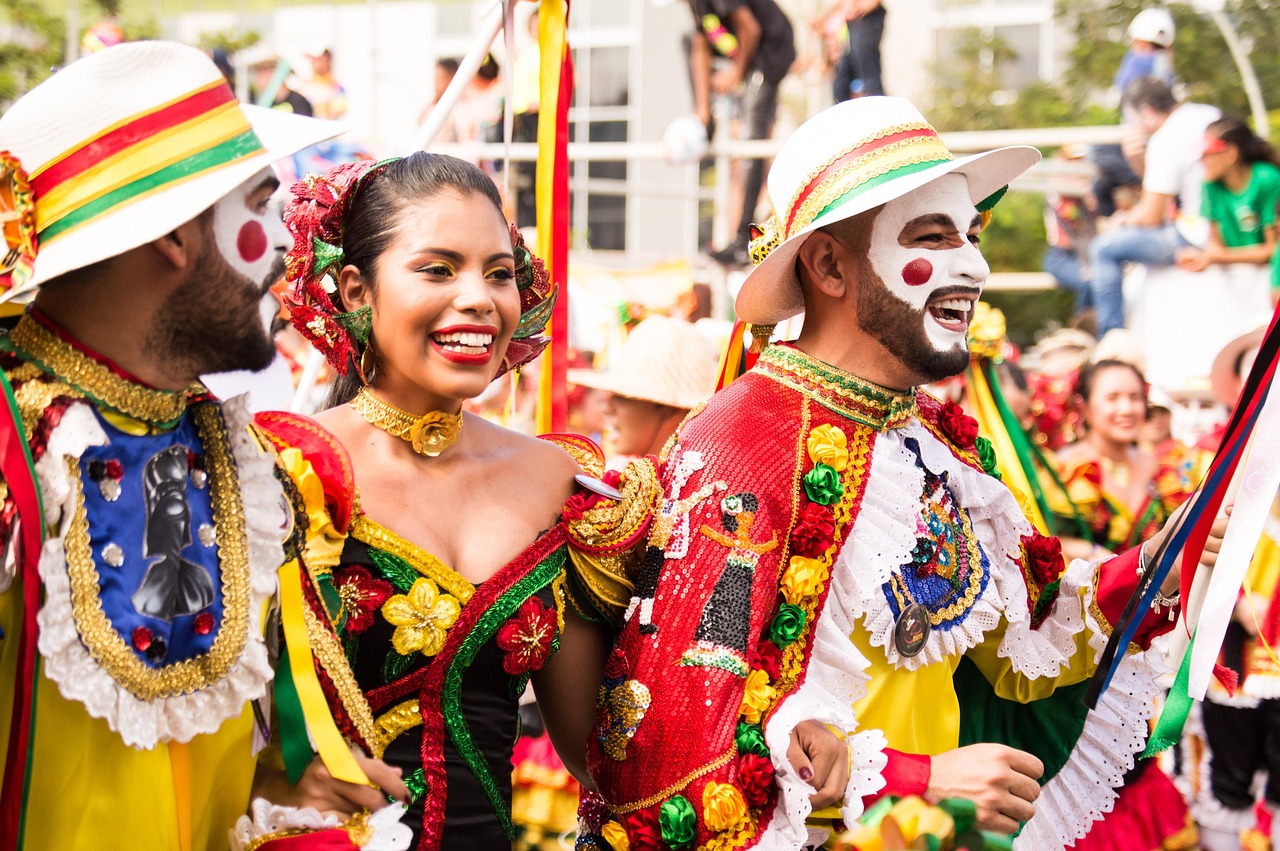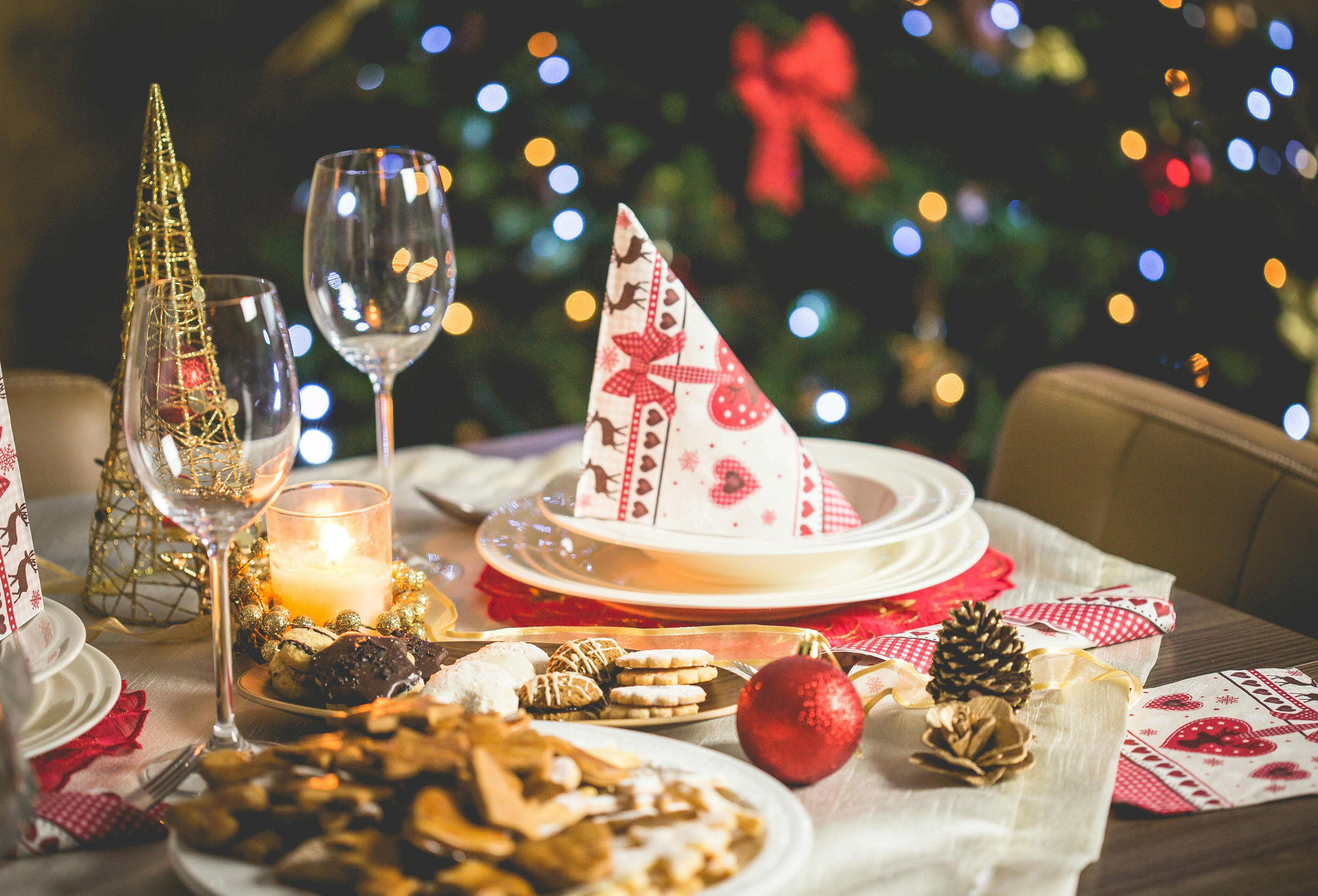Nestled within Sabah’s lush rainforest, Mari Mari Cultural Village offers visitors an authentic glimpse into the traditional lifestyles of Borneo’s indigenous communities. This living museum brings together five distinct ethnic groups, each maintaining their ancestral customs through interactive demonstrations and immersive experiences.
Rather than simply observing from a distance, guests participate directly in age-old practices that have shaped Malaysian Borneo’s rich cultural tapestry. From learning ancient fire-starting techniques to witnessing traditional house construction methods, every moment provides genuine insight into how these communities have thrived for generations.
Experiencing the Tribes
The village showcases five prominent ethnic groups: the Bajau, Lundayeh, Murut, Rungus, and Dusun tribes. Each community maintains distinct architectural styles, with traditional houses constructed using time-honoured techniques and locally sourced materials.
The Bajau people, known as skilled horsemen and seafarers, demonstrate their expertise in boat-making and fishing techniques. Their stilt houses reflect their coastal heritage, designed to withstand tidal changes and storms. Visitors observe how palm leaves and bamboo transform into functional household items through generations of inherited craftsmanship.
The Lundayeh tribe specialises in rice cultivation and intricate beadwork. Their elevated longhouses accommodate extended families whilst protecting against wild animals and flooding. Traditional rice wine preparation takes centre stage during demonstrations, revealing fermentation processes passed down through countless generations.
Murut warriors showcase their renowned hunting prowess through blowpipe demonstrations and traditional weapon crafting. Their houses feature distinctive architectural elements designed for both defence and community gatherings. The tribe’s expertise in jungle survival becomes evident through their knowledge of medicinal plants and food preparation techniques.
The Rungus community demonstrates sophisticated weaving skills using traditional looms. Their black-and-white geometric patterns carry deep cultural significance, with each design telling specific stories or representing particular family lineages. Visitors witness how raw cotton transforms into beautiful textiles through patient, skilled hands.
Dusun agricultural practices come alive through rice farming demonstrations and traditional cooking methods. Their houses incorporate clever ventilation systems and storage solutions developed over centuries of mountain living. The tribe’s spiritual connection to rice cultivation reveals itself through ceremonial practices and seasonal rituals.
Cultural Activities
Fire-starting demonstrations captivate audiences as tribal members create flames using friction methods perfected over millennia. Bamboo and dried materials combine through precise techniques that require both skill and patience. Participants often attempt these methods themselves, gaining appreciation for this essential survival skill.
Traditional dance performances bring cultural stories to life through rhythmic movements and colourful costumes. Each tribe contributes distinctive dances that commemorate harvests, celebrate victories, or honour ancestral spirits. The hypnotic bamboo dance challenges brave volunteers to step between moving bamboo poles without getting caught.
Cooking demonstrations reveal how indigenous communities transform simple ingredients into flavourful meals using traditional methods. Clay pots, bamboo steamers, and open fires create aromatic dishes that reflect each tribe’s geographical location and available resources. Guests sample various delicacies whilst learning about nutritional wisdom embedded in traditional recipes.
Craft workshops allow hands-on participation in beadwork, basket weaving, and pottery making. Local artisans guide visitors through fundamental techniques, sharing stories about the cultural significance behind each creation. These sessions provide tangible connections to ancestral knowledge whilst supporting continuing traditions.
Preserving Cultural Heritage for Future Generations
Mari Mari Cultural Village succeeds in transforming education into entertainment whilst maintaining cultural integrity. These living demonstrations preserve invaluable knowledge that might otherwise disappear as younger generations move towards urban lifestyles.
Each visit supports local communities by providing employment opportunities for tribal members whilst celebrating their ancestral wisdom. This sustainable tourism model demonstrates how cultural preservation and economic development can work together harmoniously.
The experience leaves lasting impressions about human ingenuity, community cooperation, and environmental harmony. Visitors depart with deeper appreciation for indigenous cultures and their invaluable contributions to Malaysia’s national identity.



